Increased risk of heart rhythm disruption after COVID-19
Science Daily - Heart Disease
DECEMBER 13, 2023
Individuals infected with COVID-19 are also at an increased risk of suffering from heart rhythm disturbances, such as atrial fibrillation, according to a new study.









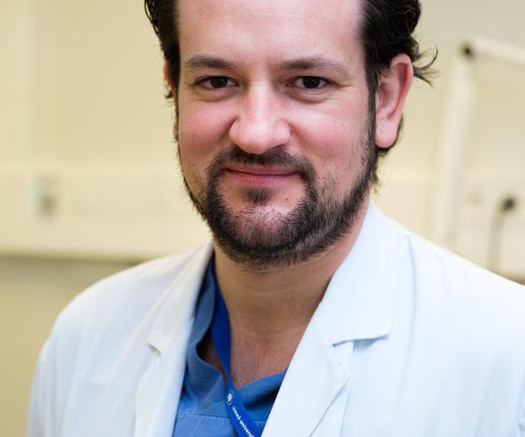





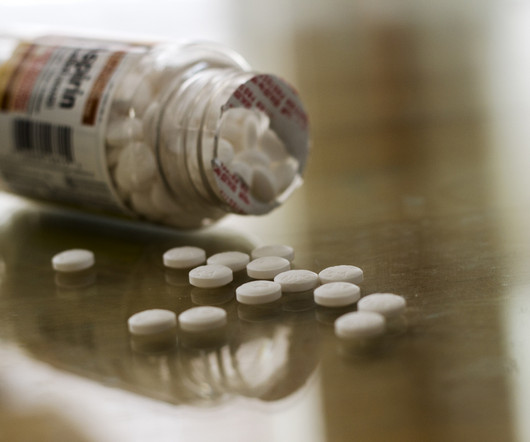

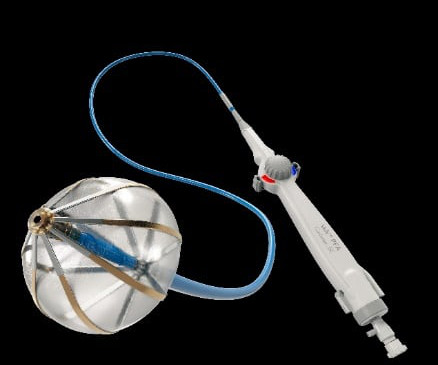




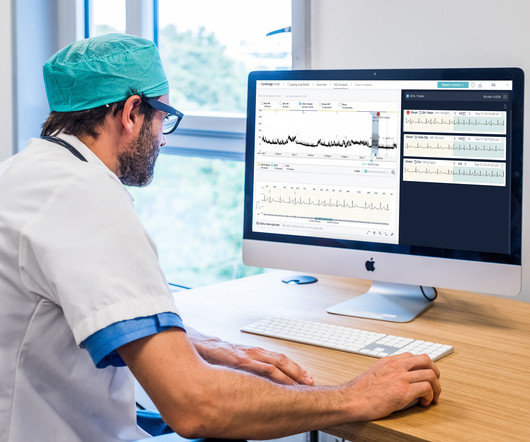










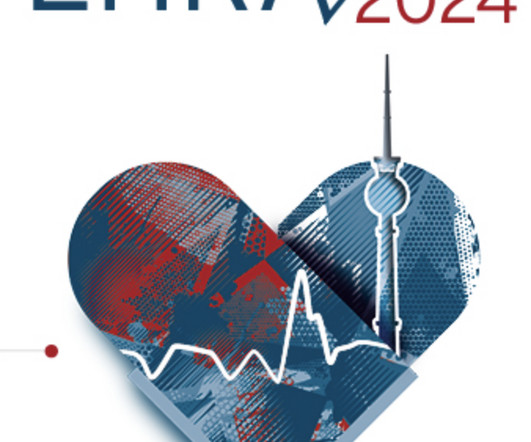










Let's personalize your content